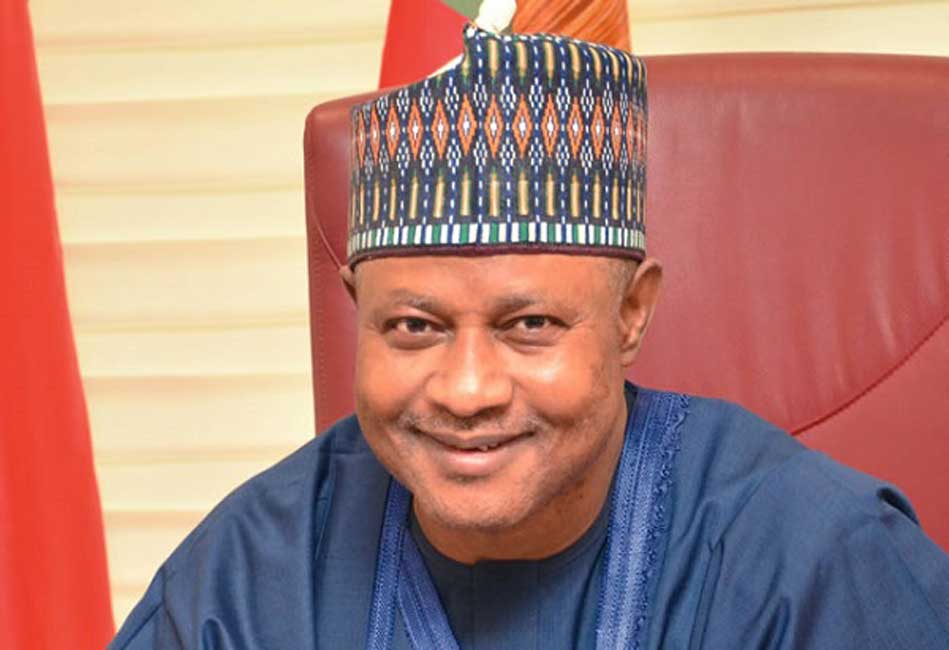Kaduna Unveils N33bn Disability Health Plan

The Kaduna State Government has unveiled a N33 billion Costed Implementation Plan to improve Sexual and Reproductive Health Rights services for persons with disabilities.
The three-year plan, which is the first of its kind in the country, was launched at a dissemination meeting held at the Sightsavers office in Kaduna on Wednesday.
The plan, which was crafted after extensive consultations and input from people with disabilities themselves, focuses on five thematic areas, including public awareness, service delivery barriers, infrastructure, governance and coordination, and monitoring and evaluation.
Speaking at the event, a consultant who supported the plan’s development, Dr. Mohammed Liman, highlighted the significant barriers that persons with disabilities face in accessing SRHR services.
He said, “a substantial portion of the N33 billion, about N21 billion, is allocated to infrastructural upgrades, recognizing that physical infrastructure is a major barrier limiting access to SRHR services for persons with disabilities.
“One of the major barriers limiting access to SRHR services for persons with disabilities is physical infrastructure. Many facilities are simply not accessible.
“Another significant barrier is communication. Many healthcare providers lack the training or tools to communicate effectively, especially with people who are deaf or hearing impaired.”
Delivering the keynote address, Deputy Director of Nursing Services at the Ministry of Health, Naomi Kukah, described the CIP as “not just a policy document, but a bold statement of commitment to equity, dignity, and human rights.”
According to her, for far too long, persons with disabilities have remained on the margins of the health system and that this plan identifies strategic actions, allocates resources, and sets clear priorities.
“The real success of this document will be measured not by its pages or costings, but by the lives it transforms,” Kukah added.
She urged government bodies to integrate the CIP into national strategies and called on civil society to “hold us accountable and amplify the voices of those most affected.”
On her part, Executive Director of the Women with Disabilities Self Reliance Foundation, Riskat Muhammed, welcomed the CIP as a long-overdue tool for empowerment.
She emphasized that women with disabilities must understand SRHR as a “fundamental human right” and stressed the need for safeguarding training to help women recognize and report abuse in healthcare services.
“We were part of the advocacy, the drafting, and now the dissemination. This document represents our voices and our dreams. It was not done for us, but with us. We were there at every step,” Muhammed said.
She also emphasized the importance of empowering women with disabilities to understand their SRHR.
“Next week, we will be in Zaria to train 40 women with disabilities on their sexual and reproductive health rights. These women will return to their local government areas to continue raising awareness,” she said.
Program Director at Sightsavers, Anita Gwom, described the plan as a practical step towards inclusion.
“We see our involvement as part of a pilot phase. The government has developed a holistic plan. When partners like Sightsavers come in, we align our support with that national vision,” she said.
Kaduna Unveils N33bn Disability Health Plan is first published on The Whistler Newspaper





